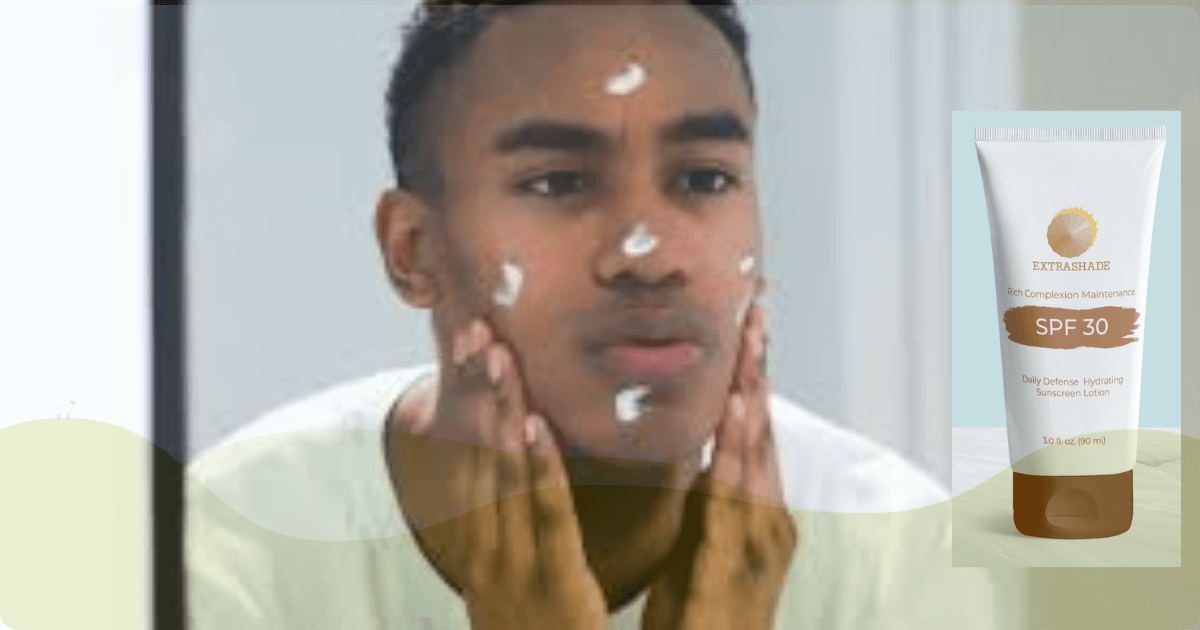As the sun’s rays intensify, more people are drawn outdoors to soak up the warmth and sunshine. However, amidst the excitement of outdoor activities, many individuals, particularly those with darker skin tones, often overlook a crucial step in their skincare routine: sunscreens application.
ABC Action News recently visited Al Lopez Park to gauge the prevalence of sunscreen usage among park-goers. The responses varied, with some admitting to inconsistent use and others expressing skepticism about the necessity of sunscreen, especially among individuals with darker skin.
The Importance of Sunscreen for Dark Skinned Individuals
Many people mistakenly believe that dark skin doesn’t need sunscreen. Darker skin tones have more melanin, a pigment that naturally protects against UV rays. However, melanin’s protection is like a built-in SPF of around 4, which isn’t enough to fully shield you from sun damage.Even with darker skin, sunburn is still a risk. It can cause pain, inflammation, and uneven pigmentation. Additionally, sun exposure can accelerate signs of aging like wrinkles and dark spots.
Sean Mann candidly admitted, “I don’t,” when asked about his sunscreens usage habits. Tamara Campbell echoed similar sentiments, acknowledging, “When I remember. I don’t put it on as much as I should.” However, Mark Pompi emphasized his belief in sunscreens, highlighting its importance for both himself and his canine companion during outdoor activities.
Unfortunately, there persists a common misconception within some communities regarding the need for sunscreen and skin protection among individuals with darker skin tones. Mann expressed this sentiment, stating, “I don’t hear very often of Black people having skin cancer.” However, dermatologists like Dr. Maria Sotomayor from PH Dermatology stress the importance of debunking such misconceptions.
Dr. Sotomayor emphasizes that while melanin provides some level of protection, it does not fully shield individuals from the risk of skin cancers, sunspots, and discoloration. She advocates for regular skin examinations, noting that skin cancers can manifest in areas not typically exposed to the sun, such as the bottom of the feet or the scalp.
Regarding sunscreens selection, Dr. Sotomayor recommends a minimum SPF of 30 for darker skin tones, particularly for daily use on exposed areas like the face and arms. She underscores the importance of sunscreen even during everyday activities like driving, as UV rays can penetrate through windshields, leading to increased radiation exposure, especially in sun-drenched regions like Florida.
Conclusion
Sunscreen is a vital component of skincare for individuals of all skin tones, including those with darker complexions. Dr. Sotomayor’s expert advice emphasizes the need for consistent sunscreen application and debunks the misconception that individuals with darker skin are immune to the harmful effects of UV radiation. So, whether you’re lounging at the beach or running errands around town, don’t forget to protect your skin with sunscreen—your skin will thank you for it.

